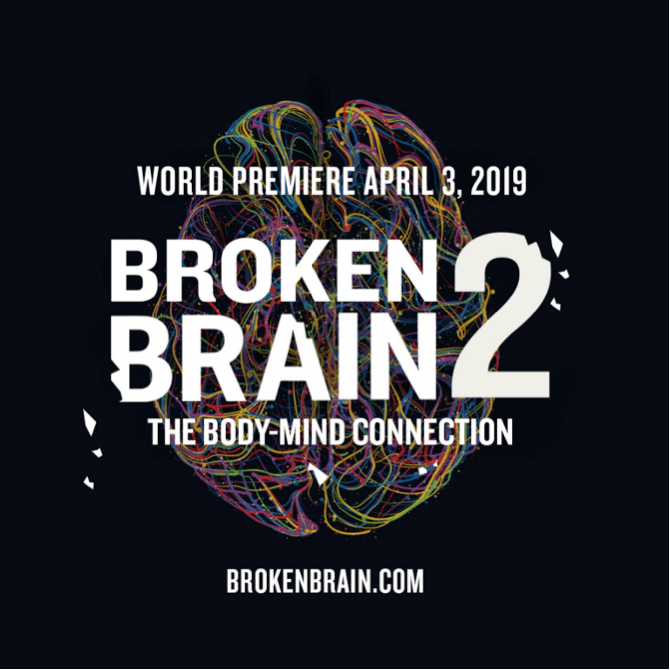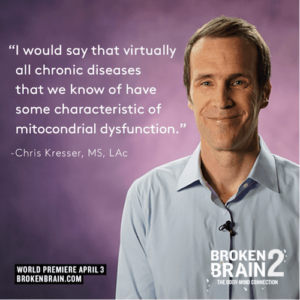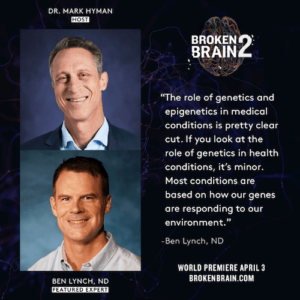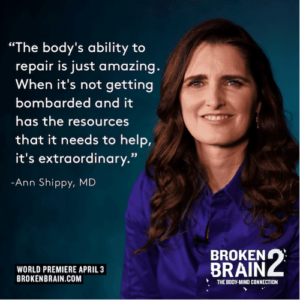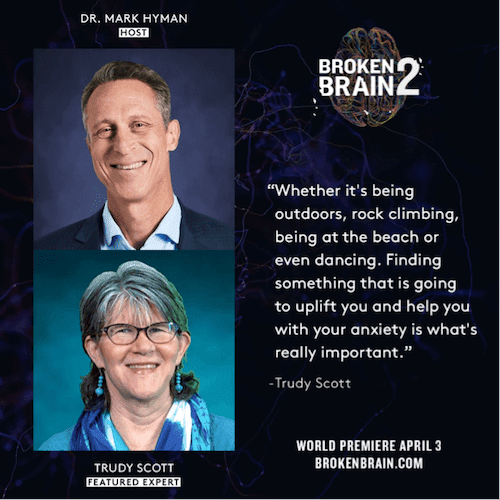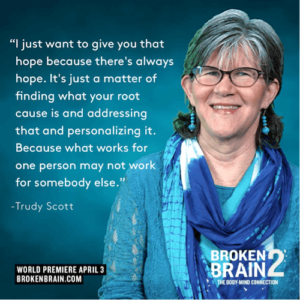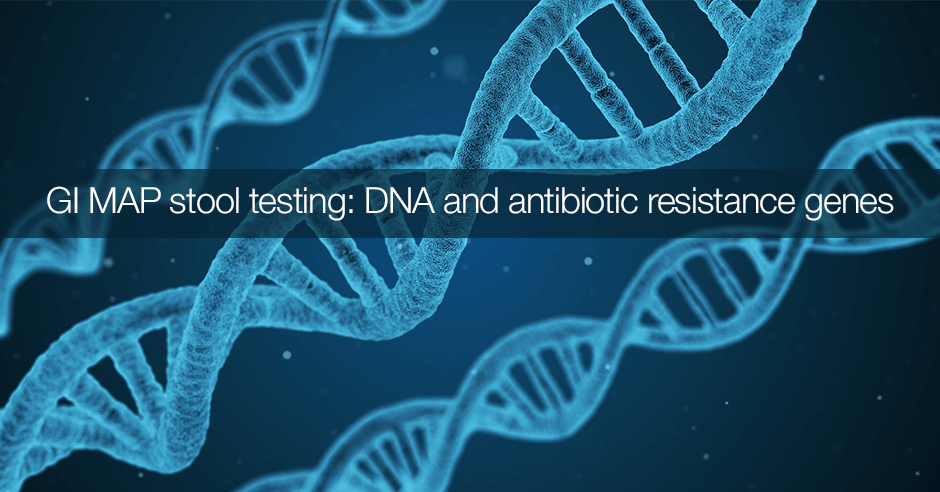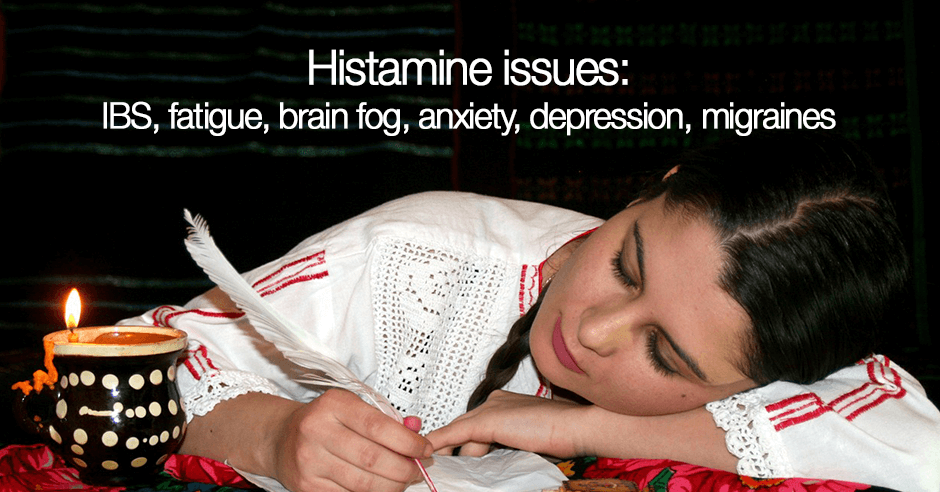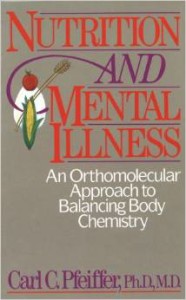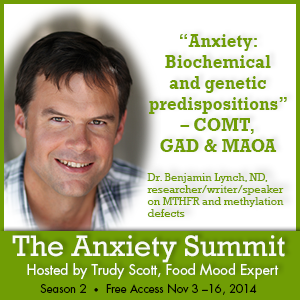Dr. Mark Hyman has done it again with a powerful all-new online docuseries called Broken Brain 2: The Body-Mind Connection as a follow-up to his very popular earlier online docuseries. Some of the big topics that are covered mycotoxins and mold toxicity, the heart-brain connection, the role of genetics and your environment and of course diet and lifestyle.
In the first episode, Dr. Hyman shares his own and very recent personal story with mold toxicity, how it damaged his brain and how he recovered:
My mold toxicity started off as a cough I just couldn’t kick. After seeing several doctors (something even a doctor has to do sometimes!) I was advised that it could be mold. My house was the prime suspect and my hunch was right, and so began the process of healing my body and gutting my home. I was at one point so sick I couldn’t get out of bed; my mind and body felt like they were failing me and I was desperate to feel like myself again.
In a later episode, Dr. Hyman also shares how the connection between the heart and brain is a great example of the body’s interconnectedness at work:
People often think the brain is the one sending signals to the heart, instructing it to pump blood throughout the body. But there is much more to the story. The heart actually sends MORE signals to the brain than the other way around. The rhythm of the heart is extremely influential—it can signal a state of calm or one of stress, which the nervous system and brain register and share with the rest of the body.
That means your emotional and physical experiences all tie back to the rhythm of the heart. When we’re in a chronic state of stress, that disordered heart rate becomes our norm, and the amygdala gets familiar with it; the brain actually gets comfortable with it and sees it as our baseline.
For this reason, heart rate variability, or HRV, can be used as a dynamic tool to reset our heart-brain connection. We want to strive for a state of coherence—a smooth wave pattern in heart rate variability over time. This coherence is a reflection of a balance between the parasympathetic or relaxation nervous system and our sympathetic nervous system, which is the fight or flight system.
Coherence is the natural state of feeling good and it sends the most beneficial signals to the brain; it actually means we are able to send more information through the vagus nerve to the brain and when we’re in this state frequently it sets a new baseline, one that keeps the body relaxed, enhances cognition, and keeps our physiology balanced.
The powerful evidence behind the heart-brain connection has given birth to a concept called HeartMath, a methodology that assesses HRV and encourages self-regulation practices to promote heart-brain coherence for optimal health.
Dr Hyman and the experts will be doing a deep dive into HeartMath and the importance of the heart-brain connection in Broken Brain 2: The Body-Mind Connection.
Here are some gems and inspiration from a few of the 70 health experts you can expect to learn from in the docuseries.
Dr. Chris Kresser on mitochondrial dysfunction and chronic disease….
Dr. Ben Lynch on our genes and the environment …
And some inspiration from Dr. Ann Shippy during her discussion on mold toxicity and brain health …
I am privileged and honored to have a very small cameo section in the docuseries!
Here is some of my advice to find something you love to do and have fun…
And my closing words of wisdom about hope and finding your unique root cause …
» Click here to Reserve your SPOT to see Broken Brain 2
In Broken Brain 2, you’ll hear from me and leading health experts AND hear inspiring stories from recovering patients. You’ll discover:
- Unique ways to protect your brain from the multitude of toxins inside your home…
- The odd way in which your heart rhythm can shape your brain function…
- Easy methods to heal yourself from destructive beliefs and traumas that impact your mind and body…
- How to use your personal genetics to improve your brain and overall health…
- The little-known link between your brain health and your eyes, teeth, and gums…
- A simple morning routine for more success and better brain health…
- And much, much more…
In Broken Brain 2, you’ll learn all about the functional medicine approaches available for overcoming a variety of toxic environmental exposures, including mold, as well as how to heal from toxic beliefs, support the heart-brain connection, understand immunity in the brain, and so much more.
Over the course of 8 full-length episodes, you’ll learn cutting-edge strategies to help you heal your own mind, brain, and body. Here are all 8 episodes and when they will air:
- April 3: Dr. Hyman’s Story: The Power of the Body-Mind Connection
- April 4: Protecting Your Brain from a Toxic World
- April 5: Rising Above and Healing from Toxic Beliefs and Trauma
- April 6: The Secrets Behind the Heart-Brain Connection
- April 7: Cooling the Fire Within: The Immune-Brain Connection
- April 8: How to Personalize Your Diet and Understand Your Genetics
- April 9: Optimizing Your Brain Health and Innovative Therapies
- April 10: The Step-by-Step Brain Reset
» Click here to register for Broken Brain 2
This was truly a “labor of love” for Dr. Hyman and all of us participants and we hope you’ll join.
Please help us spread the word by sharing this with your friends and loved ones who may benefit from this information.
Let us know if you can relate to any of this and feel free to post your questions here.
